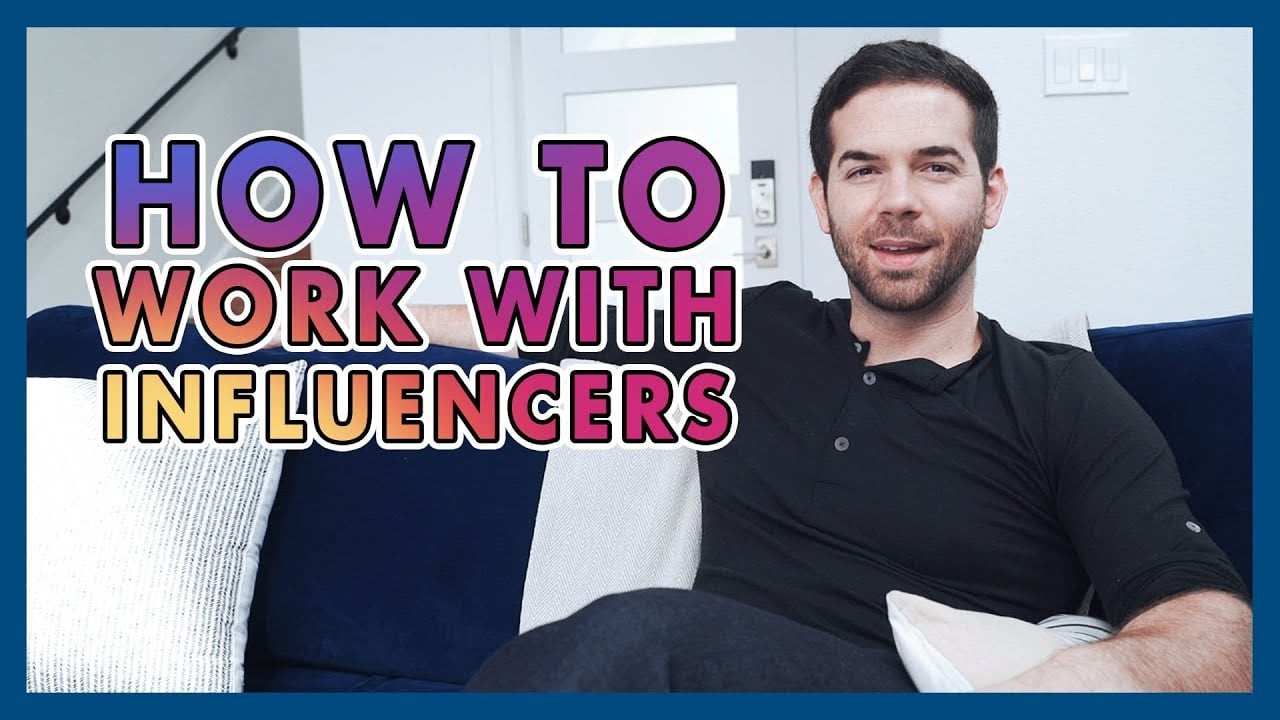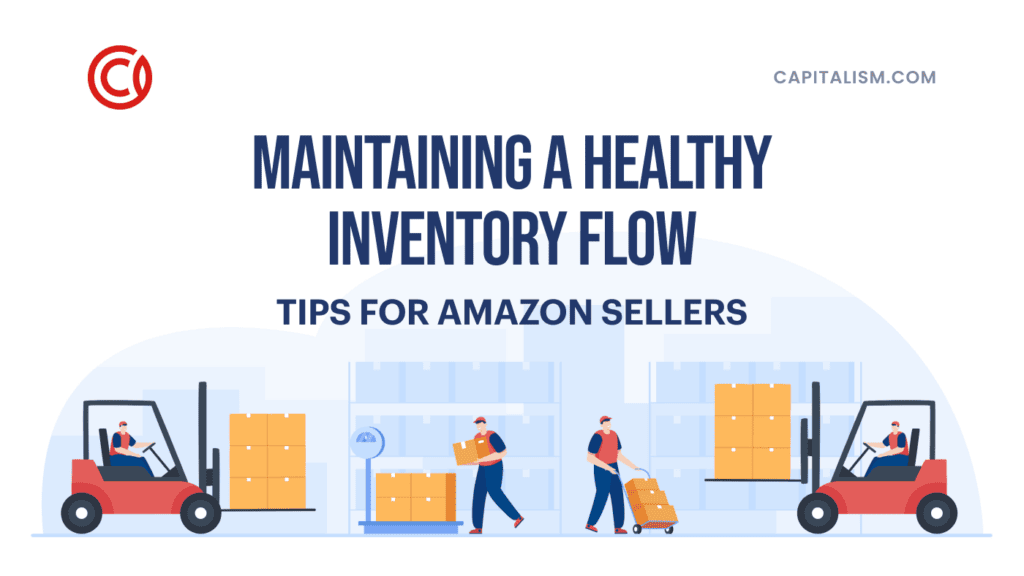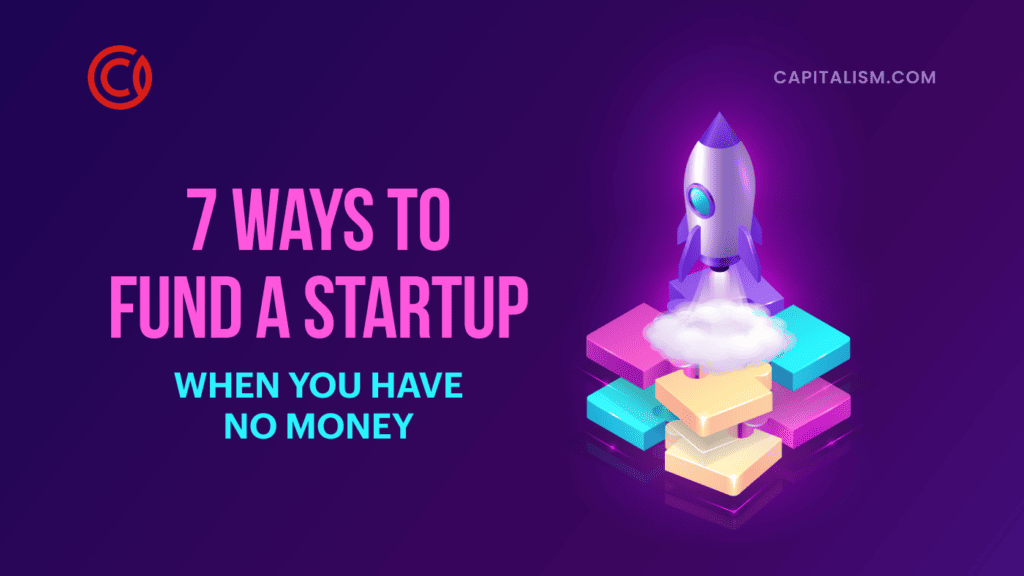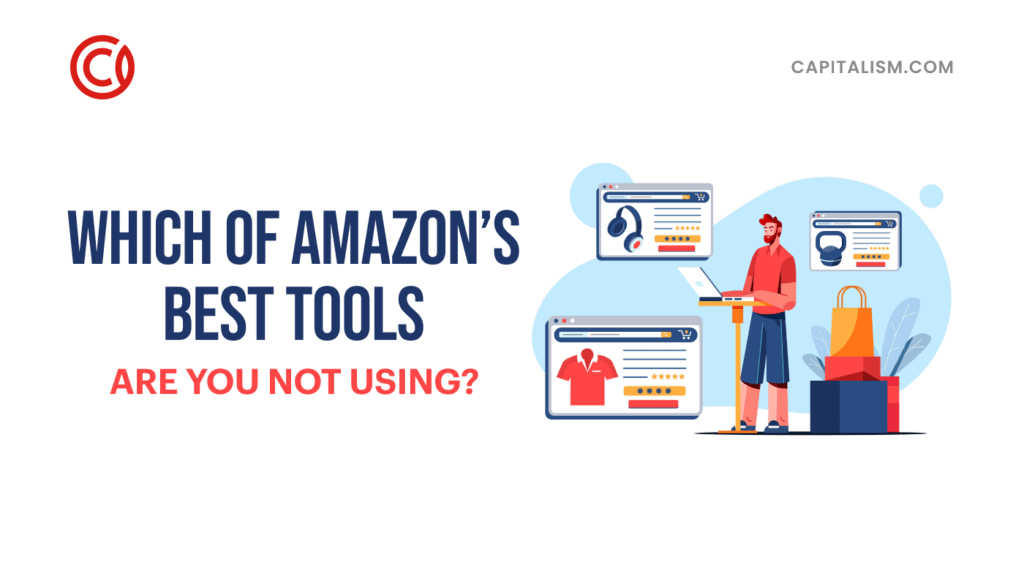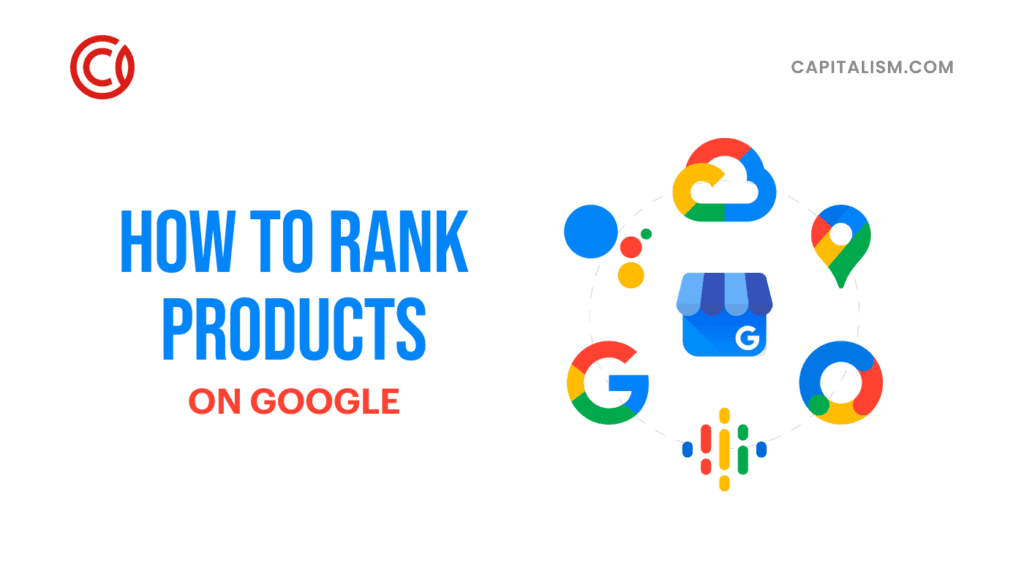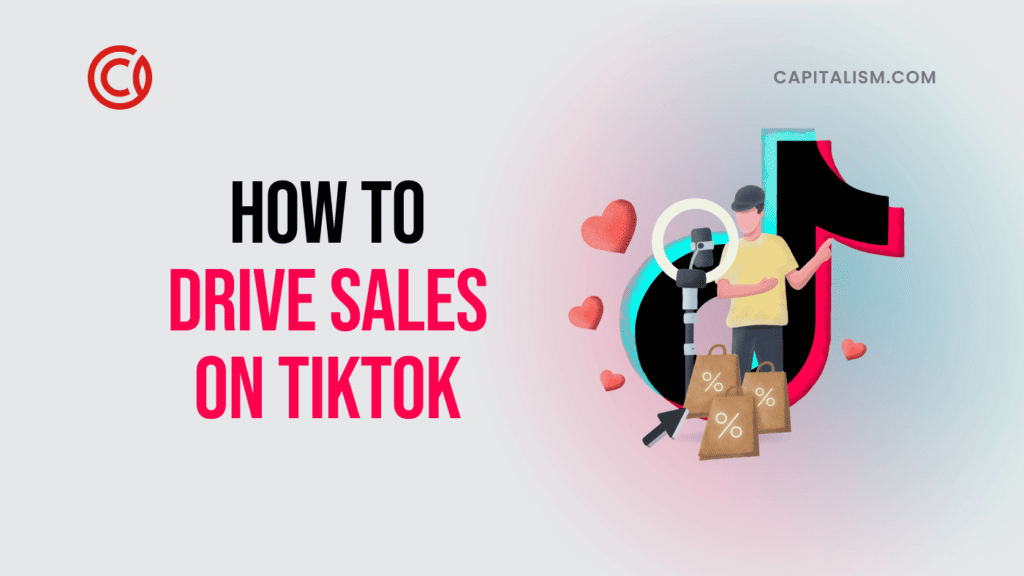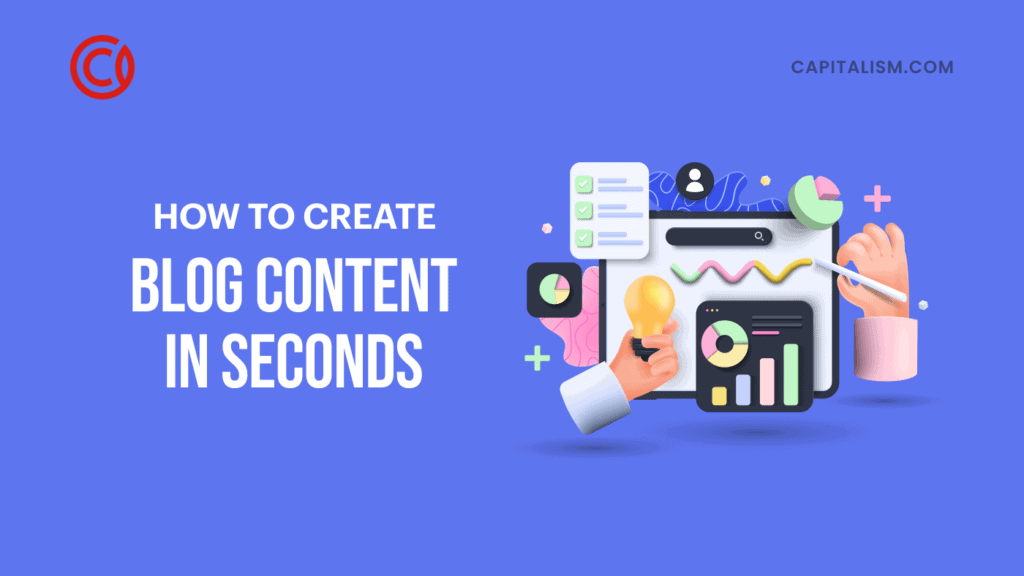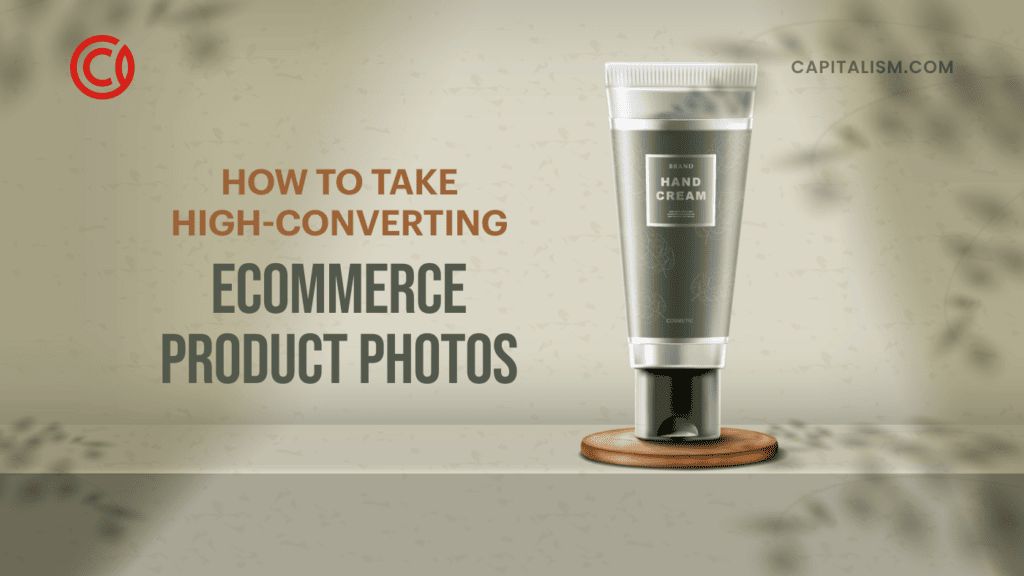In the era of social media, influencers have become extremely valuable to businesses and brands. It’s easy to see why; social media influencer marketing works. A 2020 report from ANA gives compelling reasons to partner with micro-influencers, in particular. Micro-influencers are those with 1,000-10,000 engaged followers. The report says:
- 92 percent of customers trust a micro-influencer more than a traditional ad or an endorsement from celebs.
- Over 82 percent of consumers are likely to buy something a micro-influencer recommends.
- Micro-influencers have personal contact with the audience, which makes them perceived as "people like me." They have 22.2 times more Conversations than a typical user because they are passionate about their niche and can choose the most argumentative topics to engage the followers.
Connecting with influencers can have a profound impact on your business. What often gets overlooked, though, is that the impact isn’t automatically positive. Having a strategy for finding and approaching influencers is essential to ensure your efforts will, in fact, move your business forward.
What is “social media influencer marketing”?
According to Wikipedia, influencer marketing is “a form of marketing which focuses on influential people rather than the target market as a whole on social media.” For our purposes today, it is about identifying the people who have large audiences—usually, though not exclusively, on social media—and getting them to promote your product or brand to their audiences.
Working with influencers can very rapidly expand your brand’s exposure. Exposure to a broader audience is generally good for business, and that’s a primary reason those of us with products to sell want to work with people who have those audiences.
In a recent video on partnering with influencers, Ryan Daniel Moran gives proven advice about how to approach and work with influencers.
How to find an influencer to grow your brand
Very few successful businesses appeal to everyone, and those that do almost never started that way. Unless your last name is Bezos, your brand probably appeals to a niche audience, and this is a good thing. This is the beginning of locating influencers who will make the best partners for you—look for those with audiences who will benefit from your products.
This is often quite straightforward; many social media celebrities are very niche-focused, and if yours is a niche that is already very popular on the big social platforms, you may already have some names in mind. Niches like pets, fitness, and technology are just a few examples where online influencers abound.
If you’re unsure how to find influencers who are a good fit for your brand, a good start is to ask your current customers. Consider a survey asking about blogs and podcasts they enjoy most. This will give you some great information to begin your search. Online tools like Buzzsumo or Followerwonk are also terrific resources.
The niches within niches
Knowing who the influencers are in your niche is the beginning, but it isn’t always enough. Within any niche are many subcategories, and you’ll want to be sure that you’re partnering with people whose audiences will be attracted to your brand specifically. A men’s apparel brand, for example, might sell high-end suits or could sell athletic apparel—those would generally appeal to very different audiences.
It’s not only about the influencer’s niche
Not every influencer fits perfectly within a single niche. There are many with fairly broad audiences, covering a variety of interests. Tim Ferriss, as an example, talks often about business and entrepreneurship, about technology, about health and fitness, about wine... a broad range of eclectic topics. Yet despite the diversity of topics he covers, his audience has its own “personality.”
Choosing influencers to partner with might start with finding the right interests, but having a good understanding of the demographics of the audience is essential as well. If the market for your brand is primarily women over fifty, Tim’s audience probably won’t be interested, even if the products you offer could be useful to them. If he were to promote your company, it would at best confuse his audience. Worse, it could end up costing him credibility and followers.

Consider comedians to illustrate this point. Joe Rogan and Sarah Silverman are two very funny, well-established comics. They are certain to have fans in common among those who love comedy. Yet their core audiences, the people who follow them on social media and who care about their recommendations, are very different. It’s possible that your brand would appeal to both audiences, but it’s just as likely to be a much better fit for one over the other. It could very well be a complete mismatch for one of those audiences while appealing greatly to the other.
“Influencers are people”
Once you’ve identified the people with the right audiences for your brand, it’s tempting to jump ahead and “go directly for the ask,” as Ryan says. But to do so is to ignore the person behind that audience. Of course it is critical that your brand is a fit for that influencer’s audience, but until that person knows and believes in you and your company, “they don’t want to talk about your thing.”
Partnering with influencers is in many ways similar to finding mentors. It begins with building a relationship. That isn’t to say that you can’t pay to get an influencer’s support. However, “That is a spokesperson mentality,” Ryan says. “Spokespeople are vastly overrated. Audiences are vastly underrated.”
To pay an influencer to say ‘I like this product’ can have a benefit, just as any form of advertising. To get that influencer to believe in your brand and want to share it with their audience is far more powerful.
Make the influencer look good
Influencers have worked hard to build their audiences. They depend on their audiences for their income. The most loyal audiences feel as though they have a relationship with the people they follow, and no influencer wants to damage that relationship by recommending a company that won’t resonate with their followers.
Your best influencer marketing results happen when the influencer loves your brand and your product and knows that his audience needs to know about it. If an influencer believes that hyping your company will increase the audience’s loyalty, will improve her credibility in their eyes, then they want to get your message to them.
The reverse of this is important to understand, too. When a person of influence promotes a product that doesn’t increase that person’s credibility, the effect on the influencer is not neutral. If it’s not increasing their credibility, it reduces it. It may be slight, but any drop in credibility is costly.
Don’t forget your own fans
If you already have fans of your products who are talking about your brand, pay attention to them. Some of them may be fairly influential already. So-called “micro influencers”—those with smaller followings in the tens- or hundreds-of-thousands—often have very dedicated followers. They can be much more approachable than the big social media celebs, and if you have a few that are talking about you already, it’s extremely likely that they’d be happy to promote your brand more actively. This makes them a great place to begin your influencer marketing efforts, particularly if your budget is small.
Get the “simple yes”
You’ve identified the audiences who will see value in your product. You’ve identified the influencers who will gain credibility with their followers by talking about your company. The influencer still does not know you or your brand. You don’t have credibility in the eyes of that influencer yet. It’s not yet time to ask them to talk about you.
Instead, you need to start small. If you’ve ever worked in sales, you might know the phrase “yes momentum.” Getting several small, seemingly insignificant yeses makes it much easier it is to get that one Big Yes that you’re after. Whether you think of it this way or not, you are selling your brand to influencers, and you need to create that yes momentum.

You probably wouldn’t propose marriage on a first date.
And you certainly wouldn’t do it before you’ve even met. Instead, you start with a small request—maybe an offer to buy a cup of coffee.
With influencers, you want to start with the equivalent of that cup of coffee—the “simplest yes possible.” Ask for something they are almost certain to say yes to. In many cases, the simplest yes is to ask if you can do something for them. “Can I send you a free sample of my product?” is one example Ryan offers. You might offer to talk about them in your blog—be sure to send them a link when you do.
If you can make it hard to say “no,” you are a step closer to “selling” them on your company’s value to their audience.
It’s easy to think of this as being just like paid advertising, where you can just pay a fee to get your message in front of your audience. But influencers’ reputations are much more fragile than those of most advertising platforms, and they are rightfully more selective of the brands they choose to promote. If you can get them to see your brand as something their audiences will love, they know that promoting you is good for their brand. That makes the relationship beneficial to you both.
In summary:
As with many things in marketing, it is the work you do up front—the research and relationship-building—that determines the success of your social media influencer marketing campaigns. You can always find an online personality who’s willing to accept your money to promote you. Finding those win-win relationships, though, takes effort. That effort pays off not just in new sales, but in new, loyal advocates for your brand. Those who’ve learned to do this well know that the effort is worth it.
For free training from Capitalism.com to help you get started building your million-dollar brand, click here.

